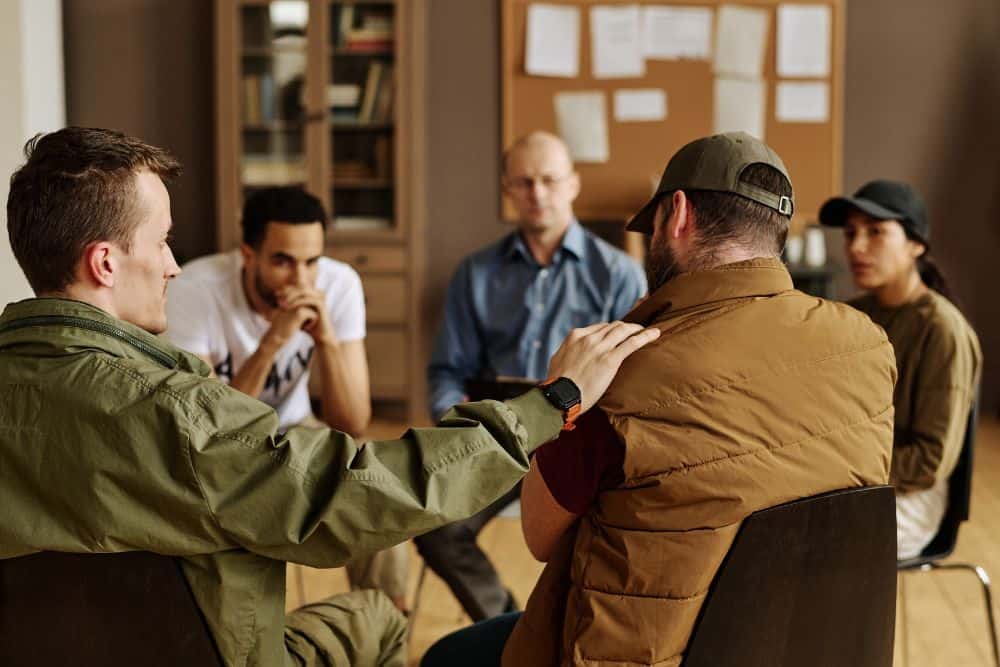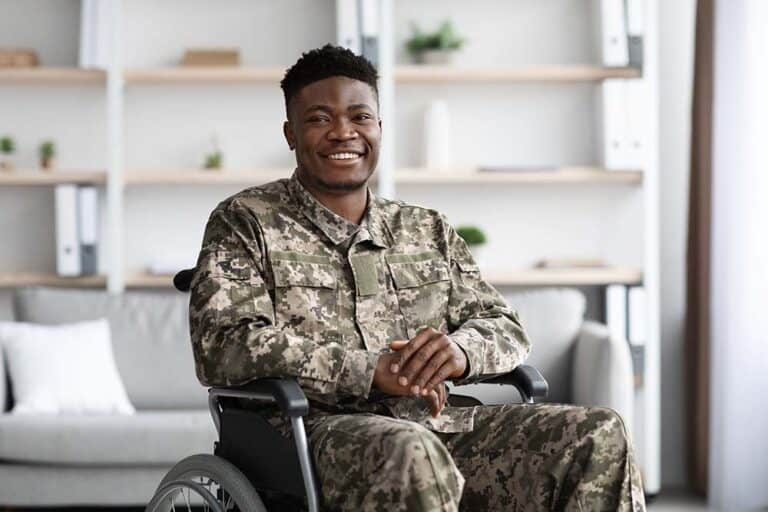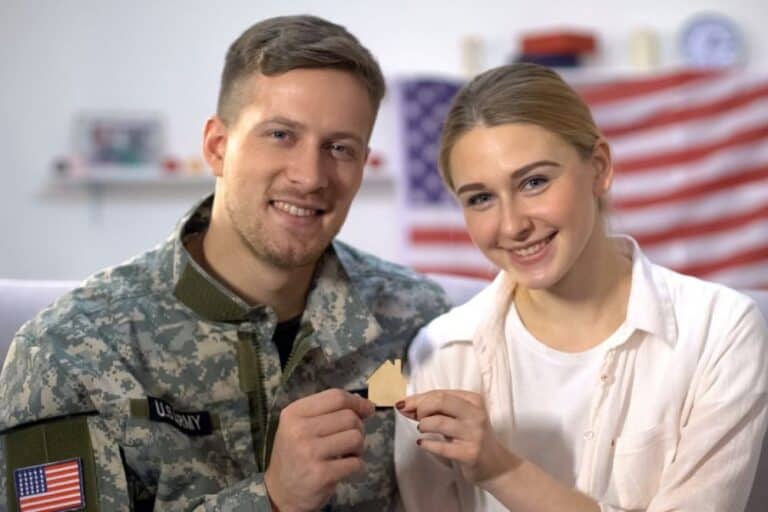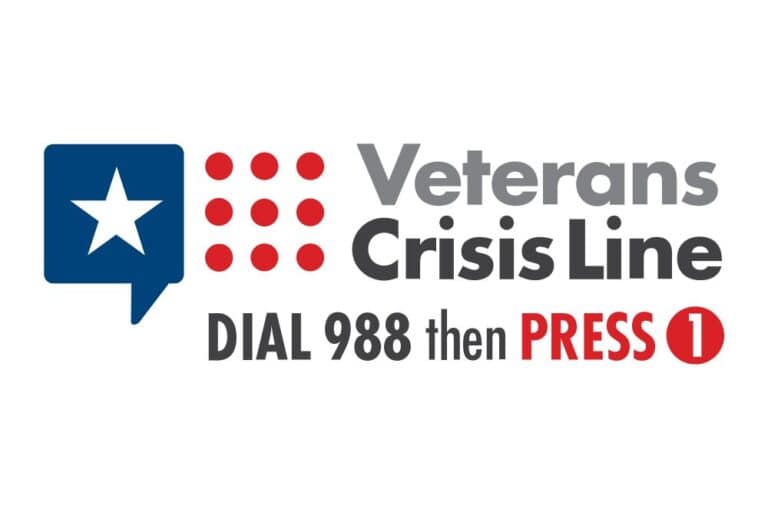University of Iowa Addresses Mental Health Needs of Student Veterans
The University of Iowa is taking proactive steps to support its student veterans who often grapple with the challenging transition from military life to college. Recognizing the unique mental health needs of these individuals, the university has introduced a dedicated mental health counselor within the Iowa Veteran Education, Transition, and Support Office. This move aims to bridge the gap in services for veterans and is made possible through a generous $15 million grant from the Scanlan Family Foundation.
Subscribe to our weekly newsletter and stay up to date.
Understanding the Transition
For many student veterans like Austin Smith, who enlisted in the Marine Corps after high school and later pursued higher education, the shift from the structured, fast-paced military environment to the diverse and often unstructured life on a college campus can be exceptionally challenging. The absence of clear orders and the disconnection from comrades who may now be scattered worldwide can compound these challenges. As Smith points out, seeking mental health counseling outside the military can be difficult, primarily due to the struggle to convey the unique experiences and emotions associated with military service to those who haven’t been exposed to it.
Chuck Xander: A Valuable Addition
The University of Iowa’s solution to this dilemma is the introduction of Chuck Xander, a combat veteran with two decades of experience in mental health counseling. His military background equips him with the firsthand understanding necessary to connect with and assist student veterans effectively. Having never sought professional mental health services himself due to embarrassment and the fear that a counselor wouldn’t comprehend military-related issues, Xander brings a unique perspective to his role.
Meeting a Crucial Need
The addition of Chuck Xander couldn’t have come at a better time. Currently, the University of Iowa hosts 608 veteran and active-duty military students, along with 1,624 military-connected students. The Iowa Veteran Education, Transition, and Support Office provides a wide range of services, including support for transitioning to college, academic aid, and financial assistance. However, the glaring gap in mental health services for veterans had long been recognized by both students and staff. Now, this need is being addressed with the presence of a dedicated mental health professional.
Supporting Student Veterans
Chuck Xander, along with Tara Lamb, the Director of Academic Resources, is working diligently to create awareness of the counselor’s role on campus. They are also extending outreach efforts to various areas of the university. While Xander is still settling into his role, he has big plans for the future. He hopes to expand the mental health services available to student veterans and the broader campus community. By guiding students to the appropriate resources and assisting with educational aspects of their mental health, he aims to make a significant impact on the well-being of those who have served their country.
Addressing the Bigger Picture
This initiative aligns with the broader national context of addressing mental health challenges faced by veterans. According to the U.S. Department of Veterans Affairs, an average of 16 veterans took their own lives daily in 2020, a devastating statistic that may even be an underestimate, according to America’s Warrior Partnership. It’s a stark reminder that the mental health struggles faced by veterans, often stemming from isolation and a feeling of being misunderstood, must be addressed comprehensively.
Supporting Student Veterans Through Connection
Student veterans like Austin Smith emphasize the importance of understanding and camaraderie in their journey. The bonds formed during military service are unique, and the experiences, including the shared humor used to cope, are often understood solely by fellow service members. The loss of this support network and the feeling of being misunderstood can be particularly detrimental as veterans transition to college life. However, the presence of Chuck Xander and the continued support of veteran peers on campus offer a glimmer of hope. Smith believes that having a support system and access to counseling are vital for these military veterans, providing a smoother path through the challenges of transition.
In summary, the University of Iowa’s commitment to supporting the mental health needs of student veterans demonstrates a thoughtful and much-needed approach to the challenges these individuals face during their transition to college life. Chuck Xander’s role as a mental health counselor, rooted in his military experience, serves as a valuable resource that aims to make a significant difference in the lives of student veterans. This initiative is not only a testament to the university’s dedication to its veteran and military-connected students but also a reflection of the broader need for comprehensive mental health support for veterans nationwide.






